A high-sensitivity measurement reveals the asymmetric shifts of electrons along atomic bonds.
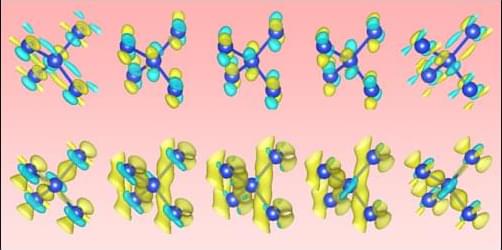


The jsPDF library for generating PDF documents in JavaScript applications is vulnerable to a critical vulnerability that allows an attacker to steal sensitive data from the local filesystem by including it in generated files.
The flaw is a local file inclusion and path traversal that allows passing unsanitized paths to the file loading mechanism (loadFile) in jsPDF versions before 4.0. It is tracked as CVE-2025–68428 and received a severity score of 9.2.
The jsPDF library is a widely adopted package with more than 3.5 million weekly downloads in the npm registry.

Letters to the Editor.
The Letters section represents an opportunity for ongoing author debate and post-publication peer review. View our submission guidelines for Letters to the Editor before submitting your comment.
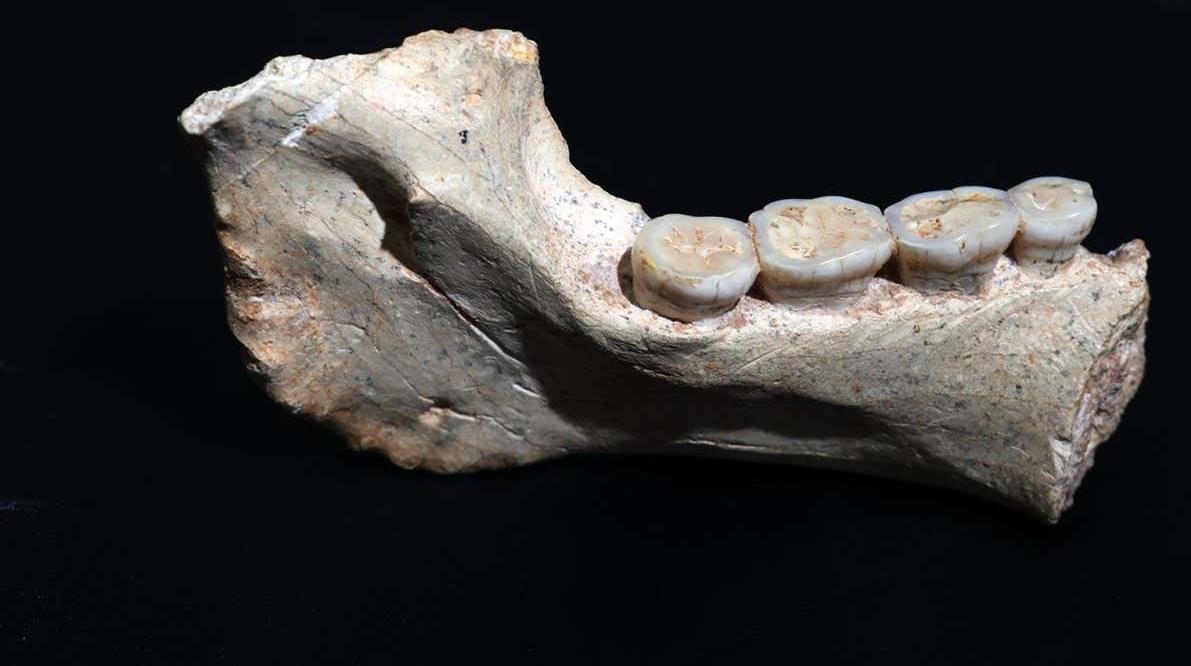
The jawbones and vertebrae of a hominin that lived 773,000 years ago have been found in North Africa and could represent a common ancestor of Homo sapiens, Neanderthals and Denisovans.
US engineers are defying gravity by cutting through mountains in the Andes and creating giant roads with tunnels, suspended pillars, and colossal machines.
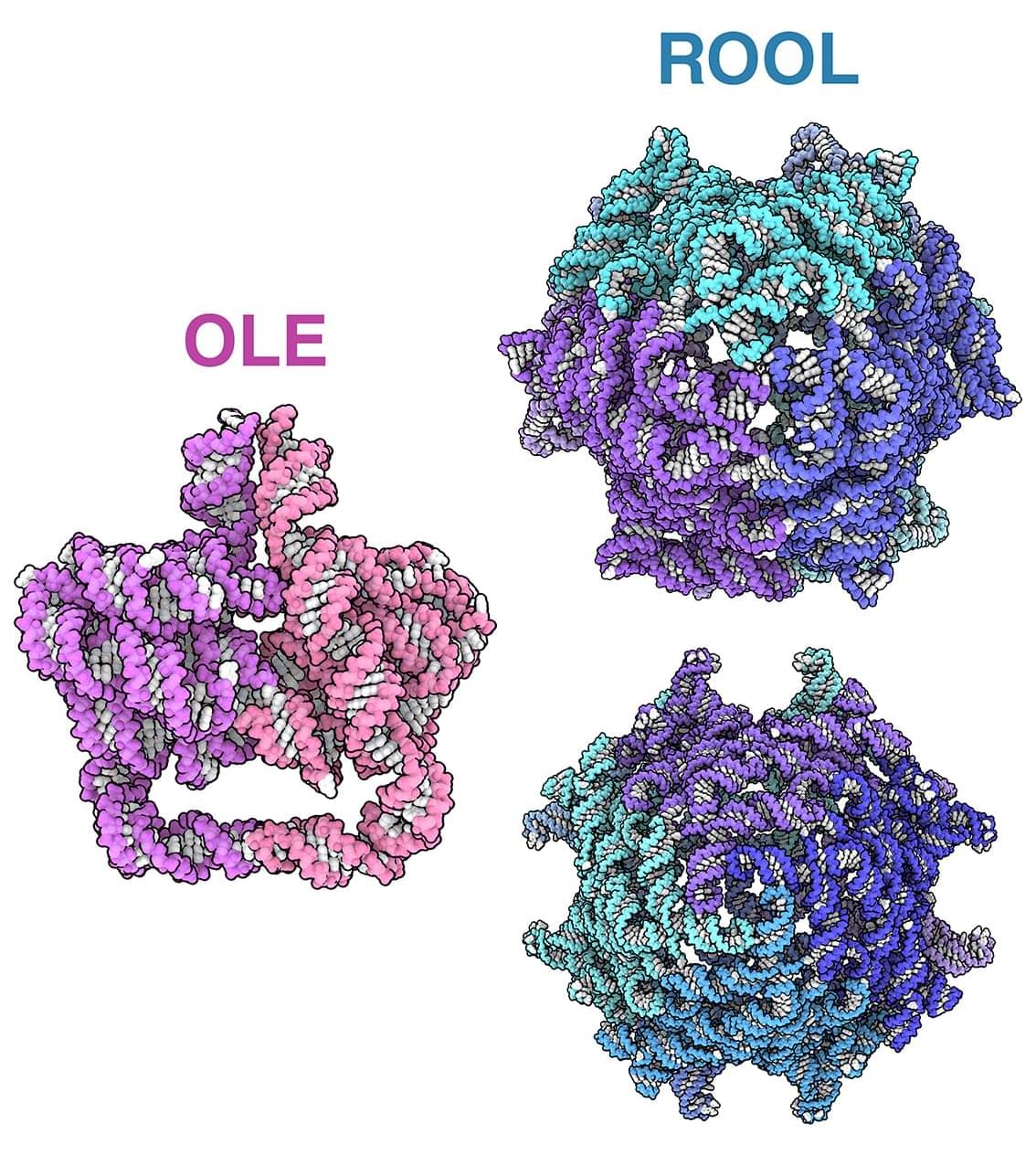
Introducing a second-generation transformer model for Super Resolution and 6X Dynamic Multi Frame Generation support.

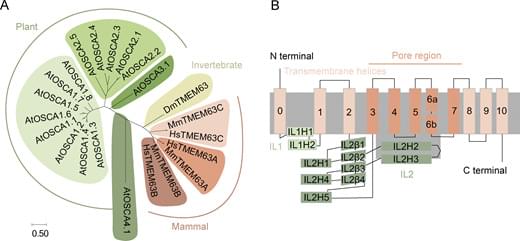
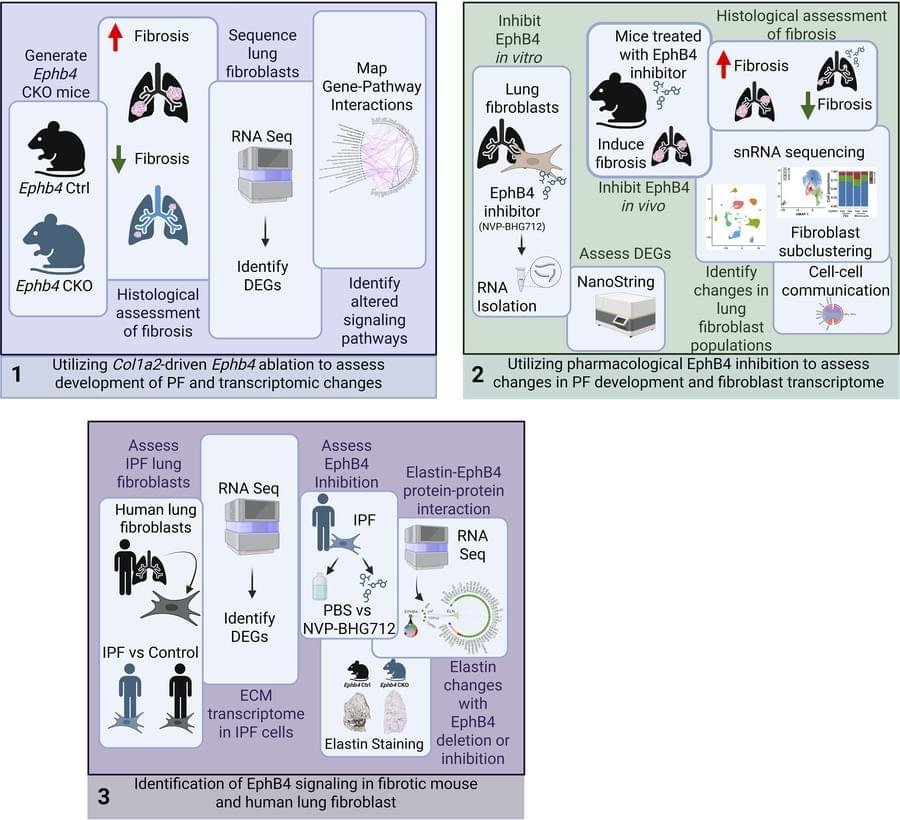
Mohit Kapoor & team identify EphB4 receptor as a crucial mediator of pulmonary fibrosis that regulates genes involved in ECM organization, ER cargo concentration and protein trafficking in fibroblasts.
4Department of Epidemiology and Biostatistics, Western University, London, Ontario, Canada.
5Department of Biostatistics, University Health Network, Toronto, Ontario, Canada.
6Dalla Lana School of Public Health and Department of Statistical Sciences, University of Toronto, Toronto, Ontario, Canada.